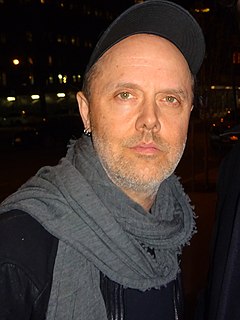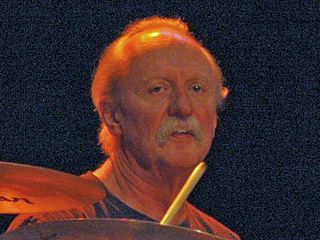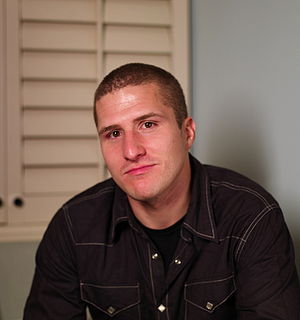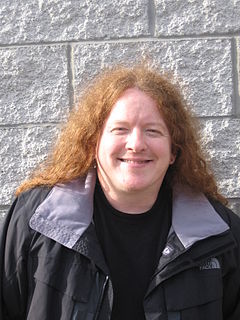A Quote by Curtis Jackson
I think Sean Parker damaged the music business with Napster.
Related Quotes
[Charlie "Bird" Parker] would sit down and ask [Phil Wood], "What do you think about this whole secondary Viennese school with Schoenberg, Berg and Webern? Are you listening to that music and what do you feel about it?" These were the conversations that he was having. And he also said, what he learned from Charlie Parker was, not that he studied with him in the formal sense, is that the first thing that Charlie Parker would always ask was, "Did you eat today?".
I think music should be free. I think all communication should be free. I think people should respect artists, and there should be a certain respect for artists who give their music away for free. If your music winds up on Napster and you approve of it, then the person downloading your music should at least go to your concert, should at least purchase your songs.


































